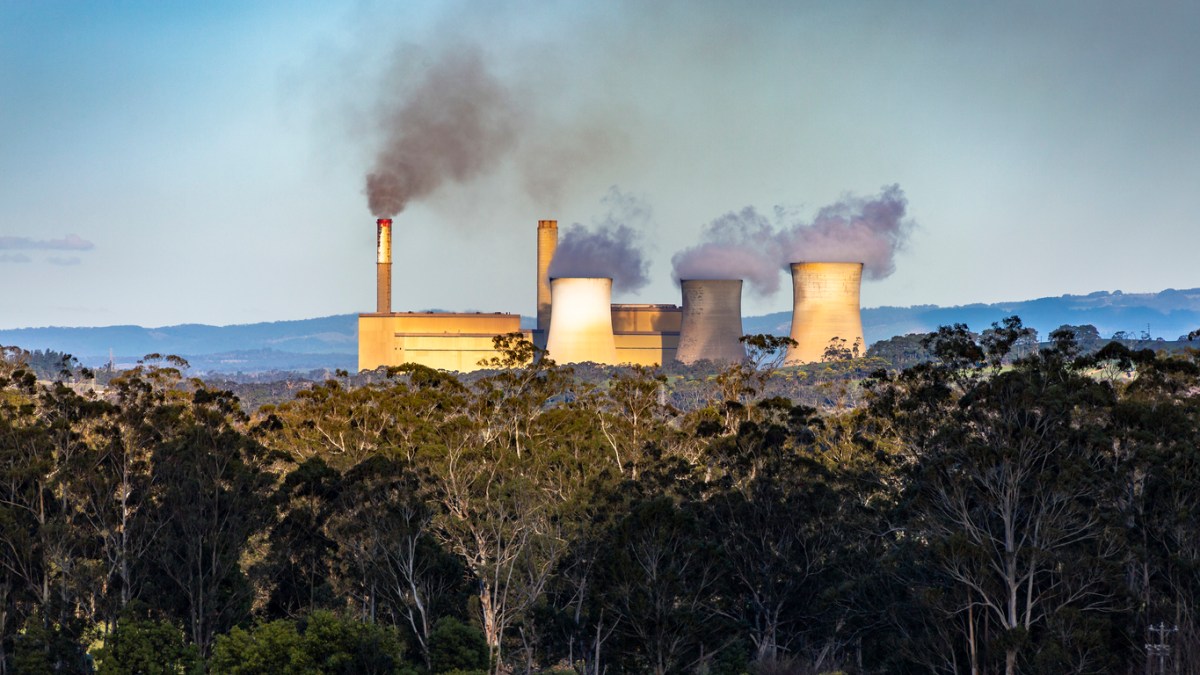Now that Australia has made a commitment to reach net zero emissions by 2050, our economy is going to need a major transformation, and for that, we need a central government body to coordinate the net-zero shift – which is why the National Net Zero Authority was announced this week.
For investors, the authority has the potential to help drive development of decarbonisation opportunities, and coordinate efficient allocation of capital.
“For the transition to net zero emissions to succeed, we must share the benefits of our transition to a clean energy economy. We cannot afford to leave workers and communities behind.” says Erwin Jackson, IGCC’s Director of Policy & Advocacy.
The body will be based within the Department of Prime-Minister and Cabinet, with plans to eventually spin-out to become a standalone statutory authority.
The authority will have three main jobs:
- support workers in emissions-intensive sectors to transition to new jobs and learn new skills
- coordinate programs and policies across government to help regions and communities attract and take advantage of new clean energy industries
- help investors and companies take up opportunities in the net-zero transformation
It will work with state, territory and local governments, existing regional bodies, unions, industry, investors and First Nations groups to help groups large and small to make the decarbonisation transition.
The launch of a body like this comes as somewhat of a shock, purely because you would have assumed it would have been launched long ago. As part of the federal government’s announcement of the authority it lamented the lack of progress made by its predecessor.
“The previous LNP Government put its head in the sand for a decade and ignored the pleas of communities, unions and business for coordination and support through this massive change.”
Reaching net zero will be no easy task, and even with current targets, we may breach the 1.5degC warming threshold of the Paris Agreement. We need coordinated action to start immediately.
Australia has a unique economy that is both heavily dependent on exporting fossil fuels, while also poised to benefit from exporting a new generation of technology and commodities that actually works to reduce emissions, not increase them.
Mining regions need support, and so do the most progressive investors that are supporting climate tech startups.
In a major report last year, the Australian Industry ETI identified 70 million tonnes of emissions reduction in five regions: the Pilbara and Kwinana in Western Australia, the Hunter and Illawarra in New South Wales and Gladstone in Queensland.
Driving systemic change is where a nimble government can offer huge value.

